Fresh street clashes rock Sudan's capital as UN denounces military coup
New street clashes have rocked Khartoum as Sudan's security forces continued with a crackdown on anti-coup protesters who are furious over a military coup that derailed a fragile transition to civilian rule.
Huge anti-government rallies, mostly over deteriorating economic problems, engulfed Sudan more than two years ago, with protesters, mostly young Sudanese, demanding former president Omar al-Bashir to step down.
Bashir was ultimately deposed through a military coup following months of protests in April 2019, after ruling over the African country for three decades.
In August that year, a governing council, comprised of civilian and military leaders, was founded to run the country.
The transitional civilian-military administration, Sudan’s highest executive authority, is tasked with leading the country to free and fair multiparty elections.
However, a military coup was staged on Monday that dissolved the fragile government. Prime Minister Abdalla Hamdok was detained and put under house arrest in a move that infuriated the Sudanese and sparked international outcry, including the UN Security Council.
The 15-member council on Thursday urged the restoration of the civilian-led transitional government and called for the immediate release of all those detained by the military.
Hours after the apparent military coup, Sudan’s main opposition coalition called for civil disobedience and protests across the country.
General Abdel Fattah al-Burhan, Sudan's de facto leader since 2019, insists that the army’s seizure of power does not constitute a coup, alleging that the transitional government was overthrown to avoid a civil war in Sudan.
Burhan has already fired six Sudanese ambassadors, including to the US, EU, China and France, who had expressed their opposition to his actions.
Since Monday, the military has mounted a harsh crackdown on protesters, who have been chanting slogans like “returning to the past is not an option,” and “civilian rule is the people's choice.”
Eight people have so far been killed.
Khartoum is bracing for major demonstrations, with pro-democracy groups calling for “million-strong protests” on Saturday, further heightening tensions.
On Thursday, security forces fired tear gas canisters at anti-coup protesters to disperse angry crowds, particularly in the restive eastern Khartoum district of Burri, recalling the mass protests of 2019.
The US, EU, Britain, Norway and some other countries in a joint statement stressed their continued recognition of the “prime minister and his cabinet as the constitutional leaders of the transitional government.”
Foreign Minister Mariam al-Sadiq al-Mahdi is one of the few civilian leaders not in detention and has become a leading voice of opposition against the coup.
On Thursday, she praised the 30 diplomats who have been critical of the takeover, saying that “every free ambassador who opposes the coup is a victory for the revolution.”
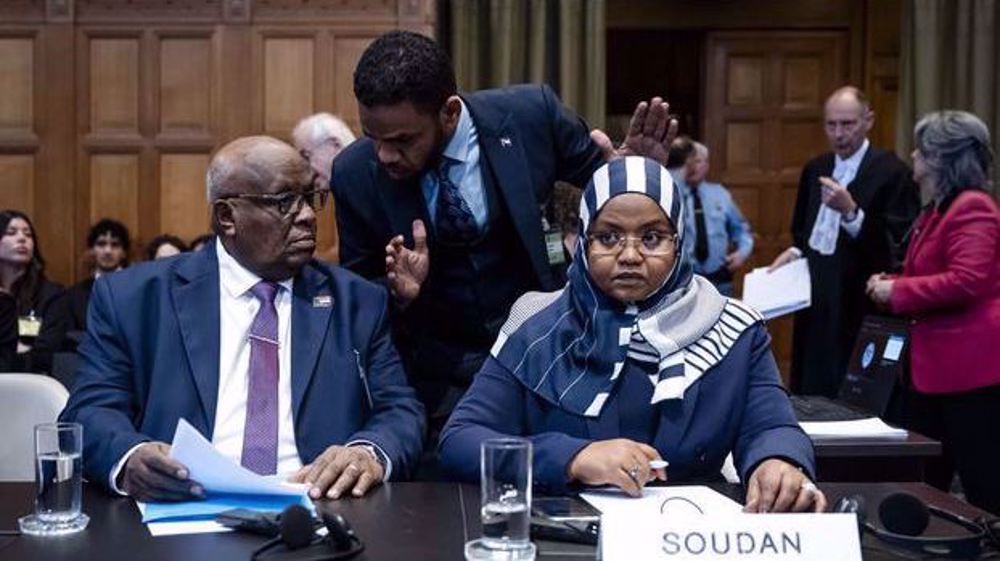
Sudan takes UAE to World Court over 'genocide' in Darfur
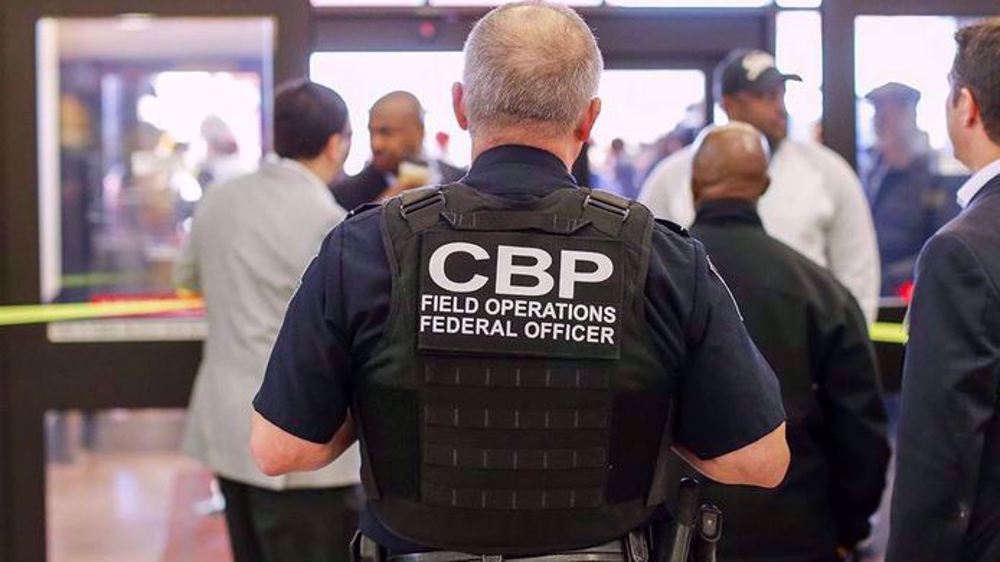
US revokes all visas held by South Sudanese passport holders
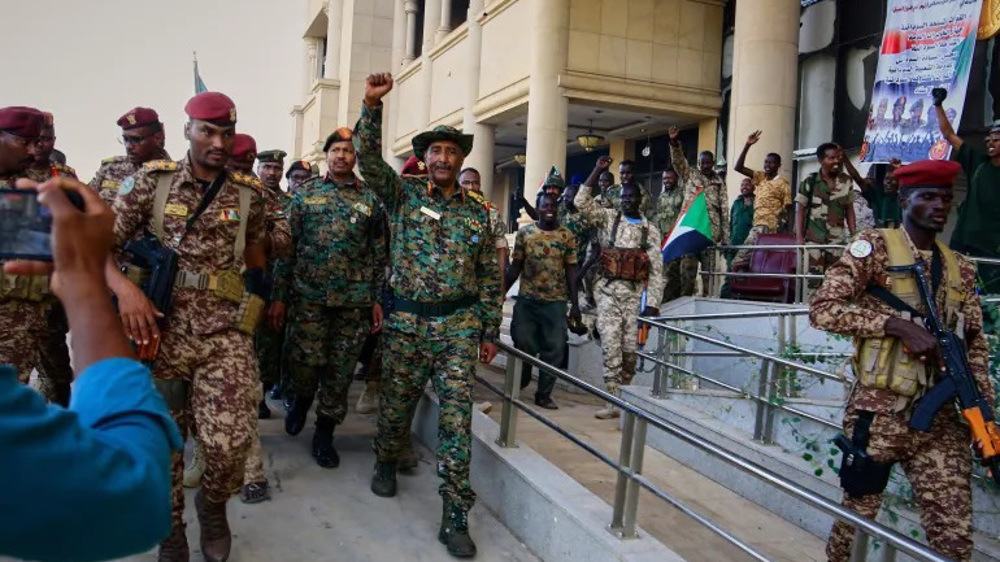
Sudan army takes full control of Khartoum amid RSF defiance
Yemen asserts enhanced military readiness; takes US aircraft carriers under firepower
VIDEO | Iran seeks foreign investment to boost oil, gas sectors
Iran condemns terror attack in India's Kashmir region
After second Signalgate scandal, Democrats call for Hegseth’s resignation
Mahmoud Khalil missed son's birth after US officials denied temporary release
Iran’s annual inflation up 0.7% to 33.2% in April: SCI
Ayatollah Sistani offers condolences on passing of Pope, hails his role in promoting peace
Iran says expert-level talks with US postponed to Saturday


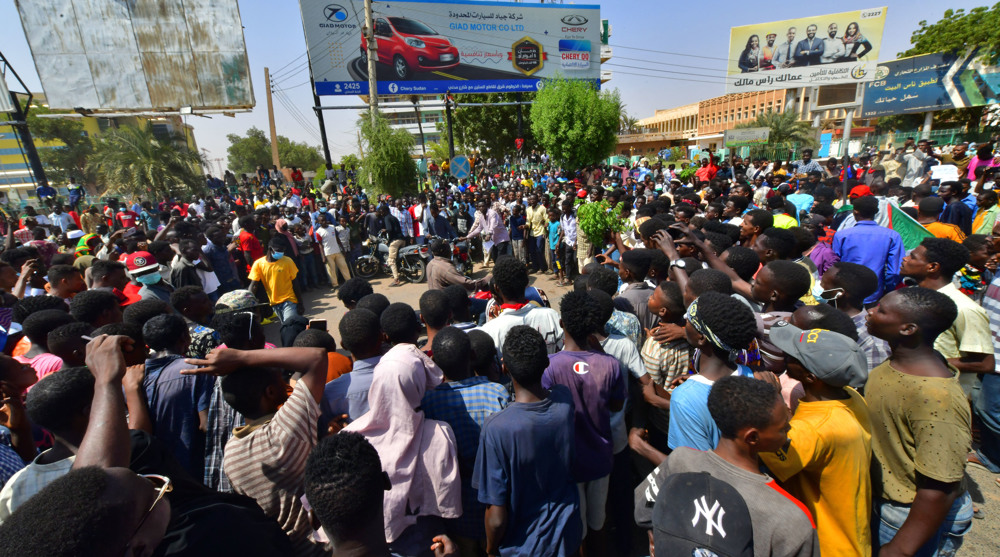



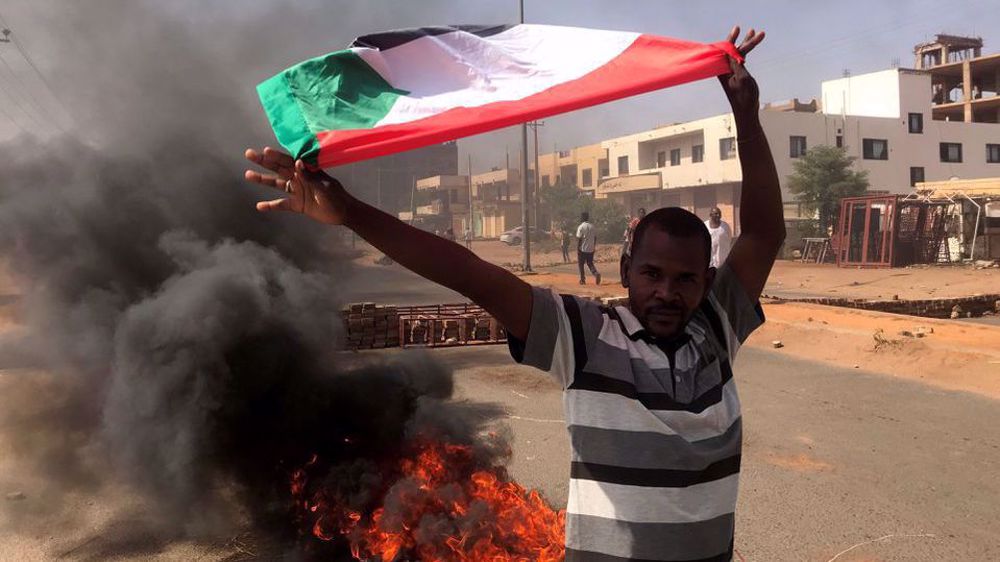
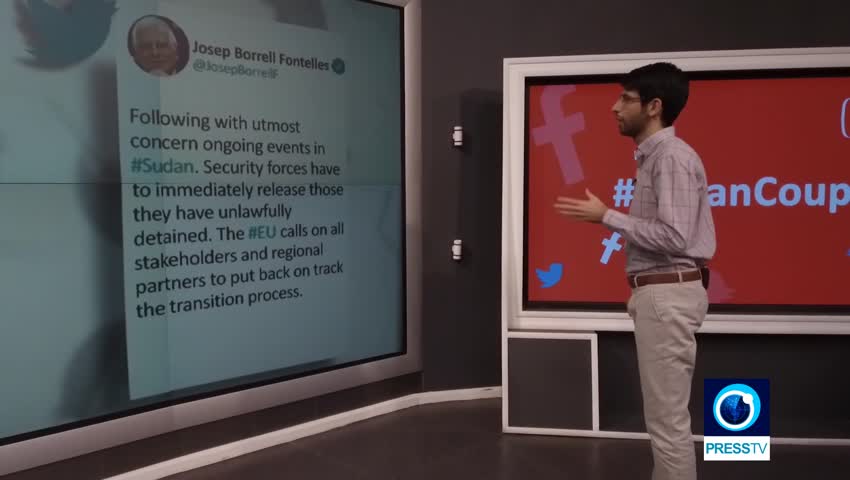
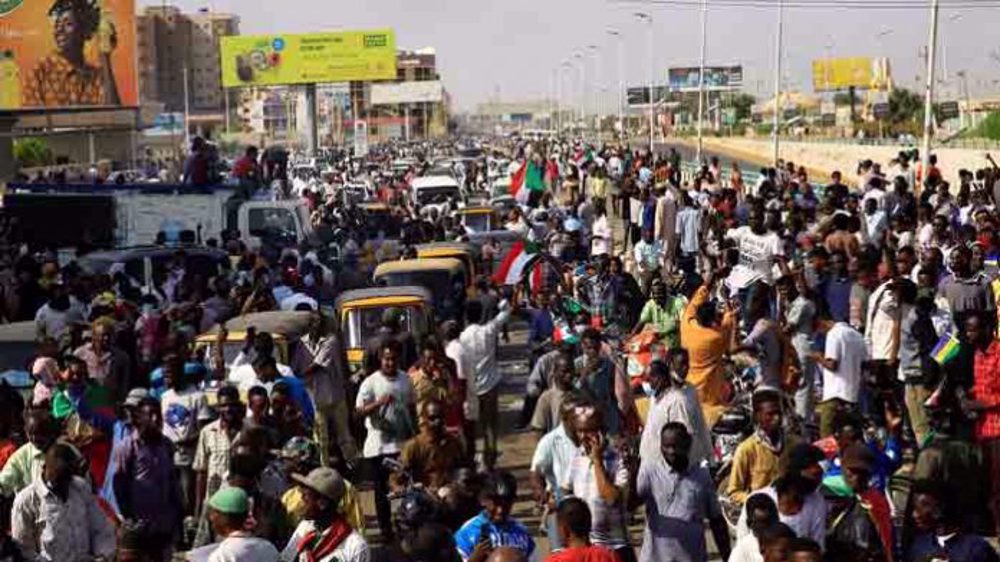
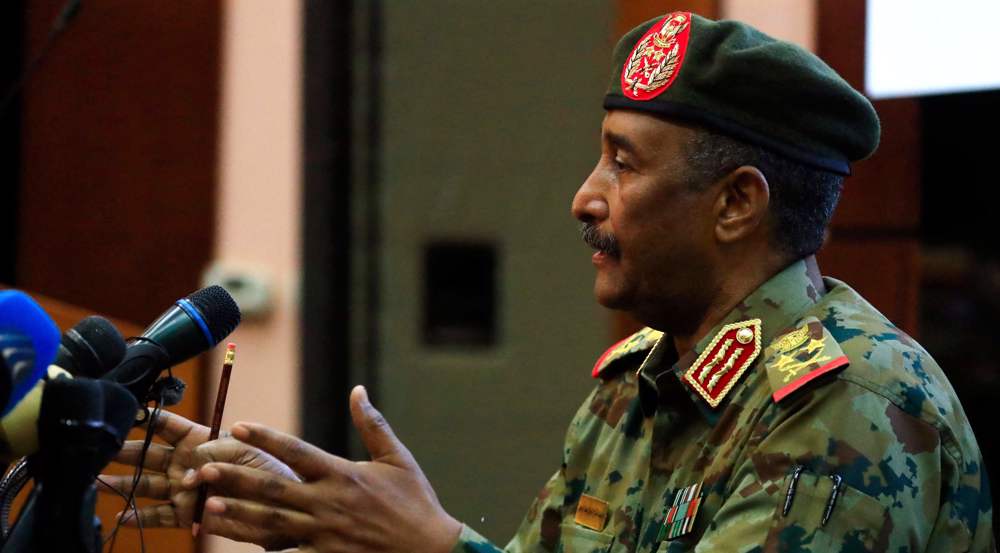

 This makes it easy to access the Press TV website
This makes it easy to access the Press TV website